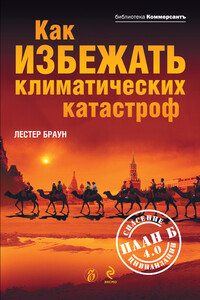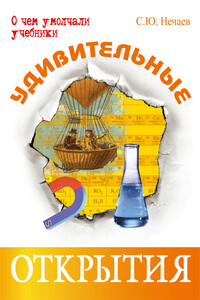Английский язык для специальных и академических целей: Международные отношения и зарубежное регионоведение. Часть 1 | страница 40
The final thought that might strike us is that explaining why empires collapse is often no easier than predicting their fall. Perhaps the most straightforward cases arise from defeat on the battle-
Unit I. UK: from Empire to Democracy
Unit I. UK: from Empire to Democracy
field — although explaining defeat may be part of the problem. The cases most often invoked fall into four groups: external defeat or geopolitical weakness; ideological contagion (зараза, заразная болезнь) and the loss of legitimacy; domestic enfeeblement at the centre of the empire — the loss of political will and economic capacity; and colonial revolt. Although it is sometimes attractive to see one cause as decisive (thus nationalists usually favour the effects of revolt), this rarely convinces — and certainly not in a large complex empire like that of the British. It might be better to see the break-up of empires as a kind of unraveling, in which failure in one sector sets up intolerable strains in others parts of the system. Adjusting to these creates further unpredictable stresses, until the whole system breaks up or is absorbed piecemeal (по частям) into a stronger successor. The argument in this book is that in the case of the British the long fuse was lit by their great geostrategic defeats of 1939-1942. Thereafter the whole balance of their system was badly upset, its legitimacy corroded, and the terms of collaboration with their clients and subjects decisively (if not immediately) altered. After 1945, British leaders struggled in vain to correct the imbalance, not least the fatal imbalance that shifted the burdens of empire so much more on to Britain itself. They planned to relieve the main stresses by conceding self-government and sometimes independence while preserving a prime influence in the old zones of rule. They were heartened by signs that their efforts were working and misled by the caution of their opponents and rivals. Until 1960, it was still possible to think that much of the fabric (in its most decentralized form) would still hold together. The threads had been loosened, not finally severed. But with one final tug (of economic and geopolitical change) all the connections were broken and the whole fell to pieces. It only remained to re-imagine the future — and invent a new past. (782 words)
/from Unfinished Empire by John Darwin. Penguin Books. London. 2012/
1. Harold Macmillan — a British politician in the Conservative Party, Prime Minister from 19571963.


